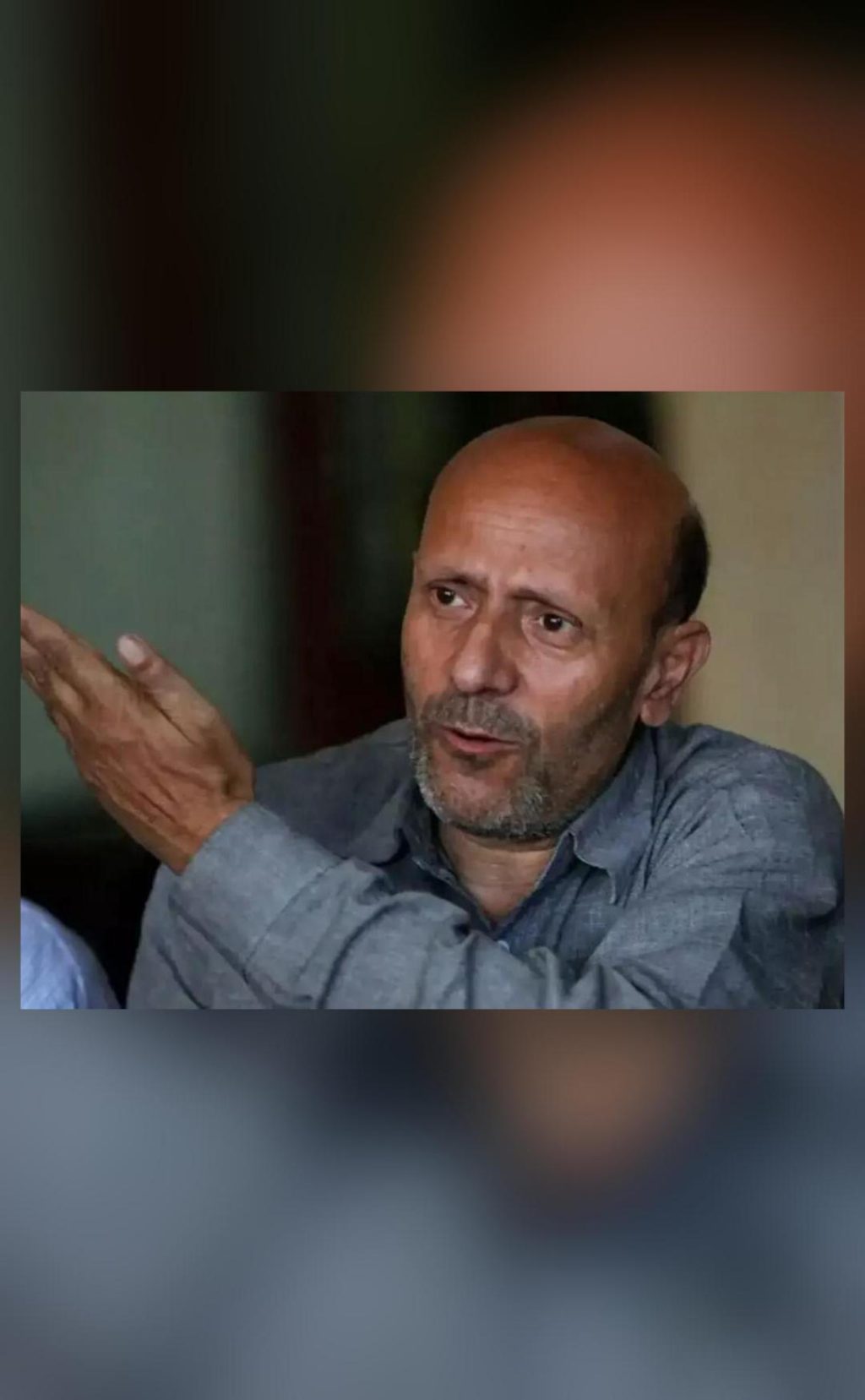
Jailed J&K MP Engineer Rashid gets parole to attend Parliament
In a significant development, the Delhi High Court has granted two-day custody parole to jailed Baramulla MP Engineer Rashid to attend the ongoing budget session of Parliament. The court’s decision comes as a relief to Engineer Rashid, who has been facing trial in a terror funding case and was denied parole earlier. The court imposed several conditions on him, including a ban on using phones, the internet, and speaking to media or anyone else.
Engineer Rashid, a member of the Jammu and Kashmir Peoples Democratic Party (PDP), was arrested in 2017 under the Unlawful Activities (Prevention) Act (UAPA) and has been in Tihar Jail since then. He was booked under the UAPA for allegedly receiving funds from Pakistan-based separatist groups to fuel protests in Jammu and Kashmir.
The Delhi High Court’s decision to grant Engineer Rashid parole comes after he moved the court seeking permission to attend the budget session of Parliament. Engineer Rashid’s lawyers argued that he was a member of Parliament and it was essential for him to attend the budget session to fulfill his constitutional duties.
The court, while granting the parole, imposed several conditions on Engineer Rashid. He was directed to be escorted by police during his stay in Delhi and was prohibited from using phones, the internet, and speaking to media or anyone else. The court also directed Engineer Rashid to surrender himself to the Tihar Jail authorities after the two-day parole period expires.
Engineer Rashid’s parole has triggered a mixed reaction, with some seeing it as a vindication of his democratic rights while others have expressed concerns about his involvement in a terror funding case. The BJP, which is the ruling party at the Centre, has been critical of Engineer Rashid’s involvement in the case and has questioned the court’s decision to grant him parole.
The court’s decision to grant Engineer Rashid parole has also raised questions about the efficacy of the UAPA, which has been criticized by many for being used to silence dissenting voices. Engineer Rashid’s case is just one of many instances where opposition leaders and activists have been booked under the UAPA for alleged involvement in terror activities.
The UAPA was enacted in 1967 to combat terrorism and was amended in 2019 to include provisions for punishing those who promote or finance terrorism. However, critics have argued that the law is often used to stifle dissent and silence opposition voices.
Engineer Rashid’s case highlights the complexities of the UAPA and the challenges of balancing national security concerns with individual rights and freedoms. While the law is intended to prevent terrorism, it is equally important to ensure that innocent individuals are not unfairly targeted or prosecuted.
The Delhi High Court’s decision to grant Engineer Rashid parole also underscores the importance of upholding democratic values and the rule of law. As a member of Parliament, Engineer Rashid has a constitutional duty to represent the people of Jammu and Kashmir and to participate in the legislative process.
The court’s decision to impose conditions on Engineer Rashid’s parole, including a ban on using phones and the internet, also raises questions about the effectiveness of such measures in preventing him from engaging in any illegal activities. Can such measures truly prevent Engineer Rashid from communicating with anyone or accessing information online? Or are they simply a way to restrict his freedom of speech and expression?
Engineer Rashid’s case is a reminder of the need for a nuanced and evidence-based approach to tackling terrorism and extremism. While security concerns are legitimate, they must be balanced with individual rights and freedoms.
In conclusion, the Delhi High Court’s decision to grant Engineer Rashid parole to attend the budget session of Parliament is a significant development that highlights the complexities of the UAPA and the challenges of balancing national security concerns with individual rights and freedoms. As Engineer Rashid attends the budget session, it is essential that he is treated with dignity and respect, and that his democratic rights are upheld.






